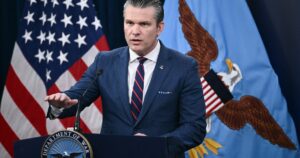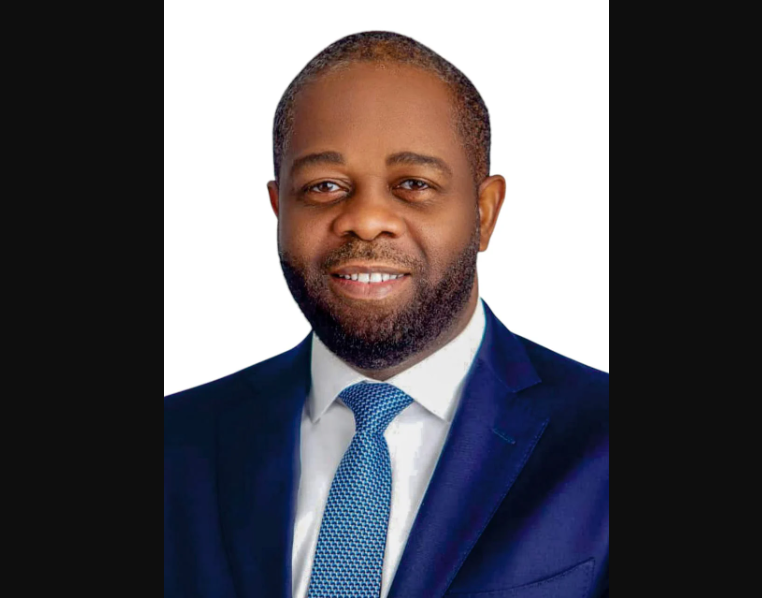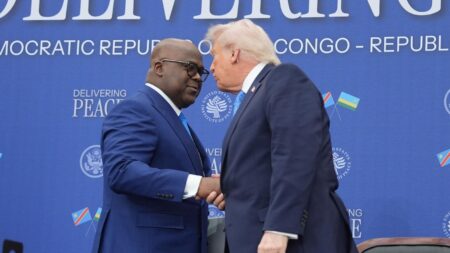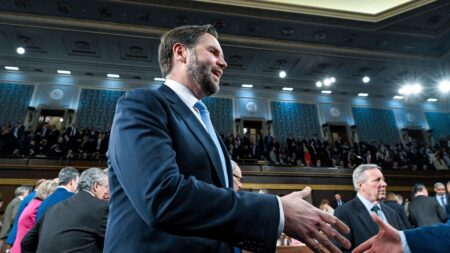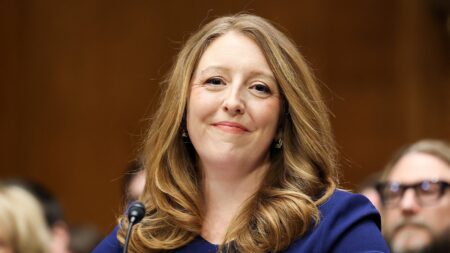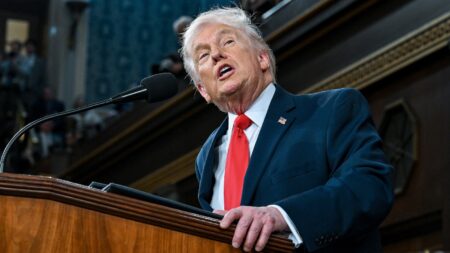Kelechi Ohiri, Director-General of the National Health Insurance Authority (NHIA), says health insurance is the best path to provide more Nigerians with access to health care. Appointed by President Bola Ahmed Tinubu, Ohiri emphasizes that free health care programs often fail because they lack reliable funding. He believes that a well-organized health insurance system is a more effective and sustainable approach.
According to Ohiri, past attempts to provide free health services in Nigeria have not worked as planned. While the intention behind free health programs is good, someone must still pay for the services. When no proper funding is available, the health care system breaks down. This creates more problems for hospitals and patients.
Ohiri has a strong background in global health policy. He is a trained medical doctor with years of experience in both clinical care and health system reforms. He has worked with international organizations such as the World Health Organization, the World Bank, and the Global Fund. His work includes writing policy papers and participating in major global health boards. This experience has helped him understand both the technical and human side of health care delivery.
His personal commitment goes beyond his job title. Ohiri sees health care as a duty to protect and serve those in need. He believes that health care should not depend on luck or income. His focus is on building a system that can protect poor families from falling deeper into poverty when they get sick. He says that too many Nigerians face hard choices, like skipping surgery because they can’t afford it, or losing family members due to lack of treatment.
Ohiri has seen many painful cases in the Nigerian health system. He talks about women who can’t afford to give birth safely, patients with cancer who have no access to care, and young girls living with untreated health conditions. These stories reflect the daily reality of many Nigerians who lack health coverage. He believes that a working health insurance system can help reduce these tragedies.
He is now focused on improving Nigeria’s health insurance coverage through reforms in the NHIA. These include better public awareness, easier access to enrollment, and stable funding from both government and private partners. He also encourages state governments and the private sector to join hands with the NHIA to create long-term solutions.
Health insurance is also a way to protect families from unexpected health expenses. Currently, over 70 percent of Nigerians pay out-of-pocket for medical care. This pushes many into poverty when serious illness strikes. With a functioning insurance system, the cost burden can be shared more fairly across society.
Other African countries like Rwanda and Ghana have already shown that national health insurance can work. These countries provide useful examples for Nigeria to learn from while designing its own model. The goal is to build a system that serves all Nigerians, regardless of income or location.
Ohiri believes that small but steady steps can lead to real progress. His leadership at the NHIA is focused on creating a system that works today and remains strong for future generations. He says the true measure of success is when even the poorest citizens can access health care without fear of financial ruin.
As Nigeria works to improve its health system, health insurance may be the most important tool for expanding access and protecting lives. A strong and fair insurance system can help the country move closer to universal health coverage.

